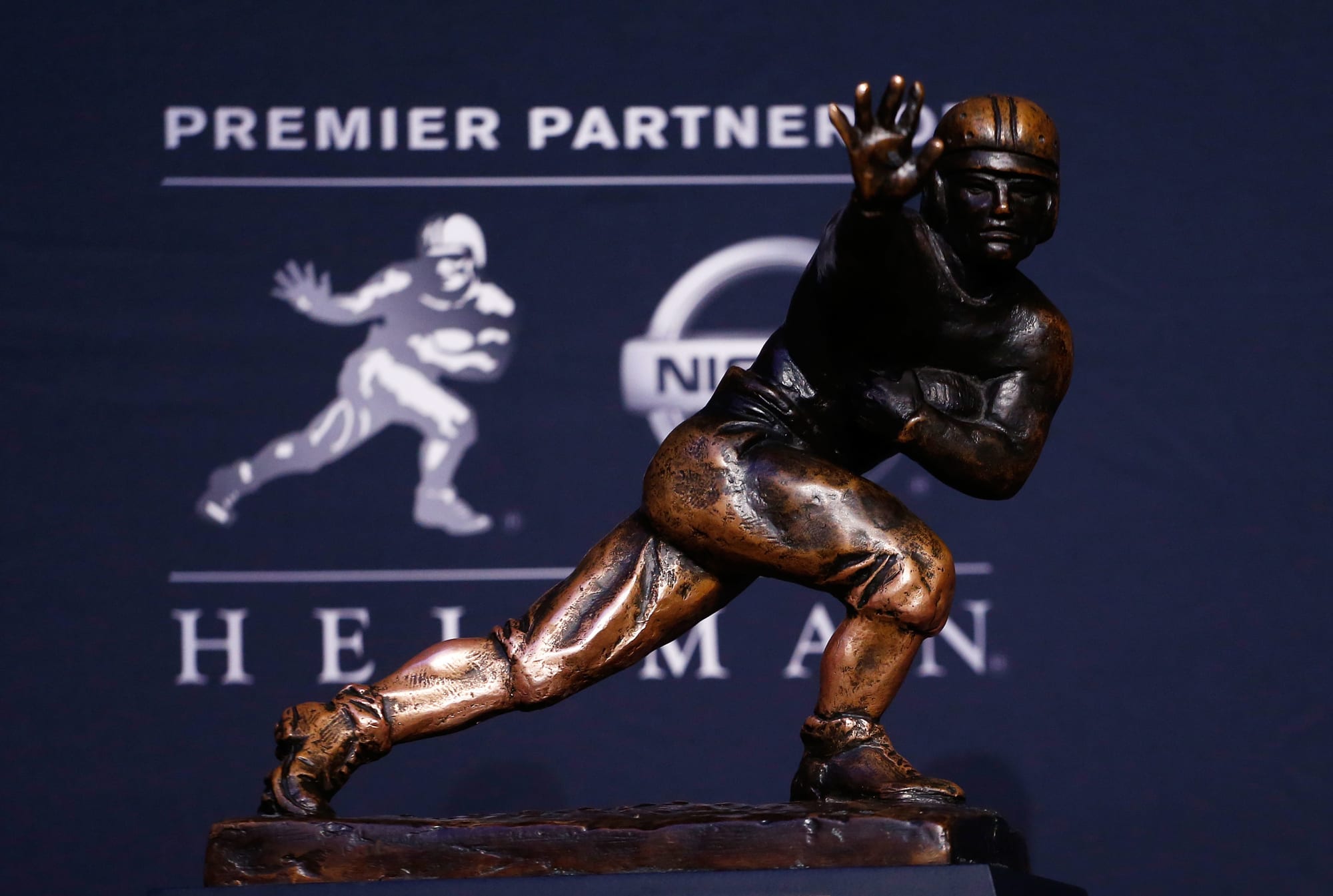
Unveiling the Elite: A Century of Heisman Trophy Legends
Introduction
For a century, the Heisman Trophy has honored the most outstanding college football player in the United States, etching their names into the annals of gridiron history. Since its inception in 1935, the trophy has witnessed the rise of legendary athletes who have captivated audiences with their extraordinary talent and unforgettable performances on the field. In this comprehensive analysis, we delve into the complexities of the Heisman Trophy legacy, examining the criteria, controversies, and impact of these football giants both on and off the field.
Criteria and Controversy
The Heisman Trophy is awarded to the player who has “best displayed outstanding ability in the year’s college football play, as exhibited by the player’s performance on the field and leadership on the team, sportsmanship both on the field and off, and academic achievement.” While these criteria seem straightforward, they have often been the subject of debate and controversy.
Critics argue that the emphasis on individual statistics sometimes overshadows team success. Legendary Alabama coach Bear Bryant famously quipped, “The Heisman Trophy is a great award, but it does nothing for the national championship.” Others question the subjectivity of the voting process, which is conducted by a panel of nearly 900 sportswriters, broadcasters, and former winners. Personal biases and regional considerations can sometimes influence the outcome.
The Cultural Impact
Despite these controversies, the Heisman Trophy remains one of the most prestigious awards in all of sports. Its winners become instant celebrities, their faces gracing magazine covers and their endorsements sought after by major corporations. The trophy has also had a profound impact on popular culture, inspiring movies, TV shows, and video games.
Heisman Trophy winners often transcend the football field, becoming role models and cultural icons. Players like O.J. Simpson, Archie Manning, and Charles Woodson have gone on to successful careers in broadcasting, acting, and business. Others, like Earl Campbell and Tommy Nobis, have dedicated their lives to philanthropy and community service.
Perspectives and Analysis
There are diverse perspectives on the Heisman Trophy and its legacy.
Historical Significance
Many experts view the Heisman Trophy as an essential part of college football history. It provides a historical record of the greatest players to ever play the game, allowing fans and scholars to trace the evolution of the sport. The trophy also serves as a reminder of the indomitable spirit and competitive excellence that have always characterized college football.
Criticisms and Concerns
Critics argue that the Heisman Trophy has become too commercialized and that it places undue pressure on young athletes. They also express concerns that the focus on individual achievement can sometimes detract from the importance of teamwork and sportsmanship.
Future Outlook
The Heisman Trophy is likely to remain a prominent fixture in college football for years to come. However, it is essential to ensure that the award continues to reflect the true spirit of the sport and that it recognizes players who embody the values of leadership, sportsmanship, and academic achievement.
Conclusion
The Heisman Trophy has had an undeniable impact on college football, both on and off the field. While there have been controversies and debates along the way, the trophy has consistently celebrated the extraordinary talents and achievements of some of the sport’s greatest players. As we look to the future, it is crucial to maintain the integrity of the award and ensure that it continues to honor athletes who represent the highest ideals of the game.
The Heisman Trophy legacy is a complex and multifaceted one, showcasing the beauty and challenges of college football. It is a testament to the enduring power of athletic excellence and the transformative impact of sports on our culture. As we continue to celebrate the legends of the past, let us also strive to create a future where the Heisman Trophy represents the very best that college football has to offer.




